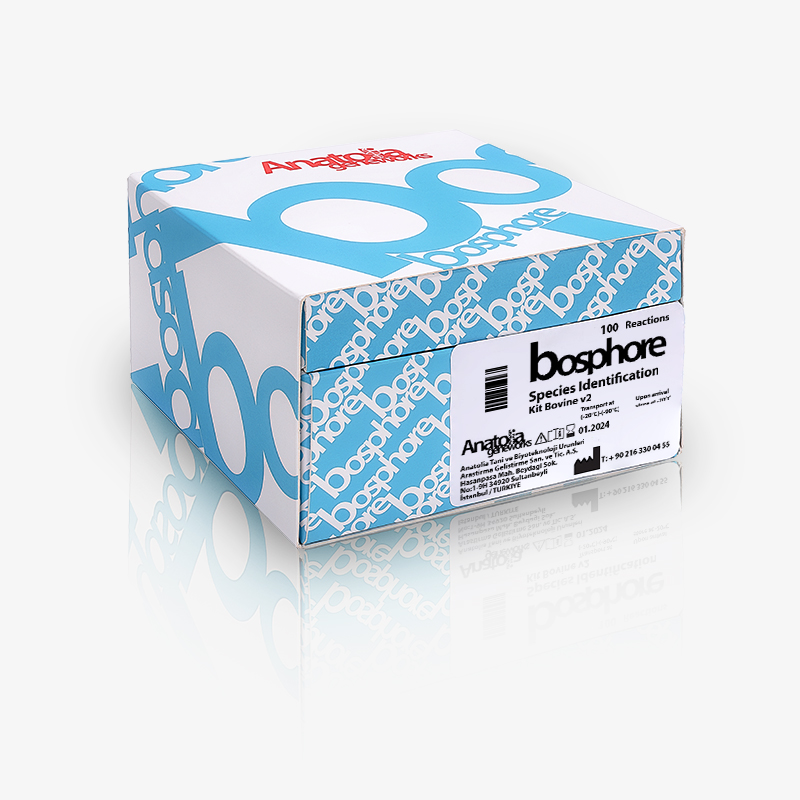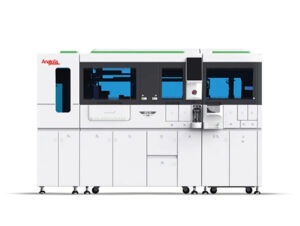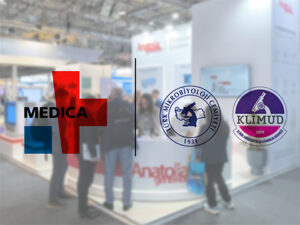
Milk has long been considered a nutritional staple, but recent scientific interest has shifted toward β-casein, a major milk protein with two primary variants: A1 and A2.
These variants differ by just a single amino acid at position 67 of the β-casein chain—histidine in A1 and proline in A2—due to a single nucleotide polymorphism. Though this difference may seem minor, it significantly affects how the protein behaves during digestion.
The Evolution of Milk
Historically, cows produced only the A2 type of β-casein. However, a genetic mutation that emerged in European herds introduced the A1 variant. Over time, herds began to produce both A1 and A2 proteins—resulting in mixed milk supplies across the globe.

Health Implications: What Does Research Say?
During digestion, the A1 variant can release a peptide called beta-casomorphin-7 (BCM-7). BCM-7 may interact with opioid receptors in the gut and has been associated with gastrointestinal discomfort in sensitive individuals.
In contrast, A2 milk does not produce BCM-7 in significant quantities, making it a potential alternative for people who experience symptoms often mistaken for lactose intolerance.
Although the scientific community has not yet reached full consensus, growing consumer demand for A2-only milk has made genetic differentiation a valuable tool in the dairy industry.
How Can We Tell the Difference?
Most conventional milk products contain a mix of A1 and A2 proteins, since most cows carry both genes. The only way to verify milk composition is through genetic testing.

Introducing Bosphore A1-A2 Genotyping Kit v1
To support accurate identification, Anatolia has developed Bosphore A1-A2 Genotyping Kit v1—a reliable, Real-Time PCR-based solution for detecting A1 and A2 β-casein genotypes in dairy and dairy-based products.
Key Features:
- Detects A1 and A2 β-casein variants using FAM and HEX fluorescence channels
- Built-in internal control ensures reliability
- Compatible with both raw and processed dairy samples
- Detection limit: 0.1% (for raw dairy products) and 1% (for processed dairy products)




